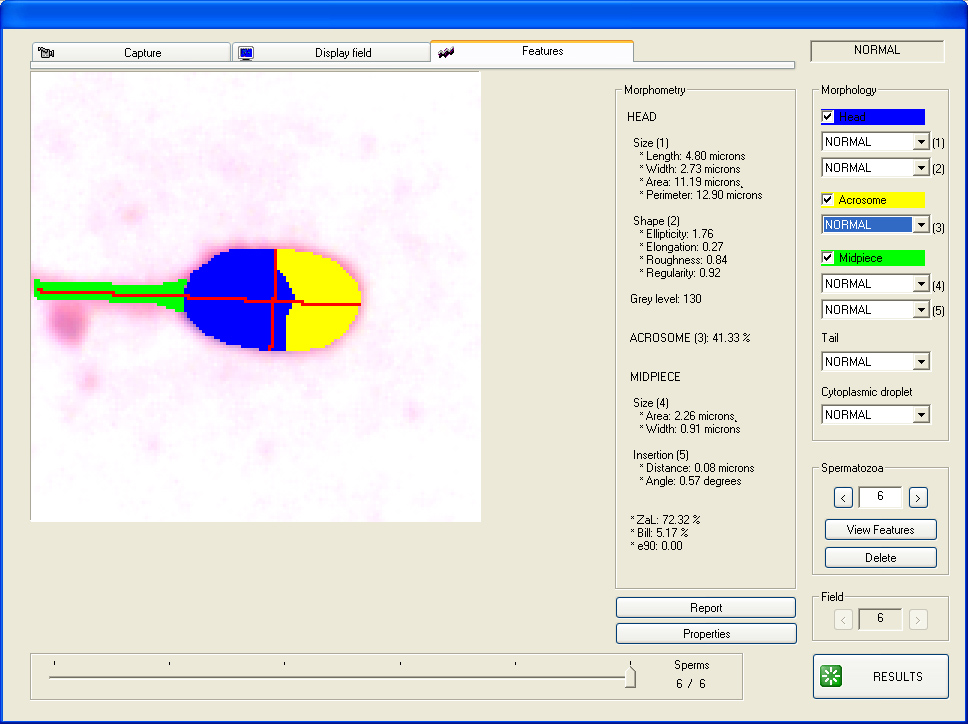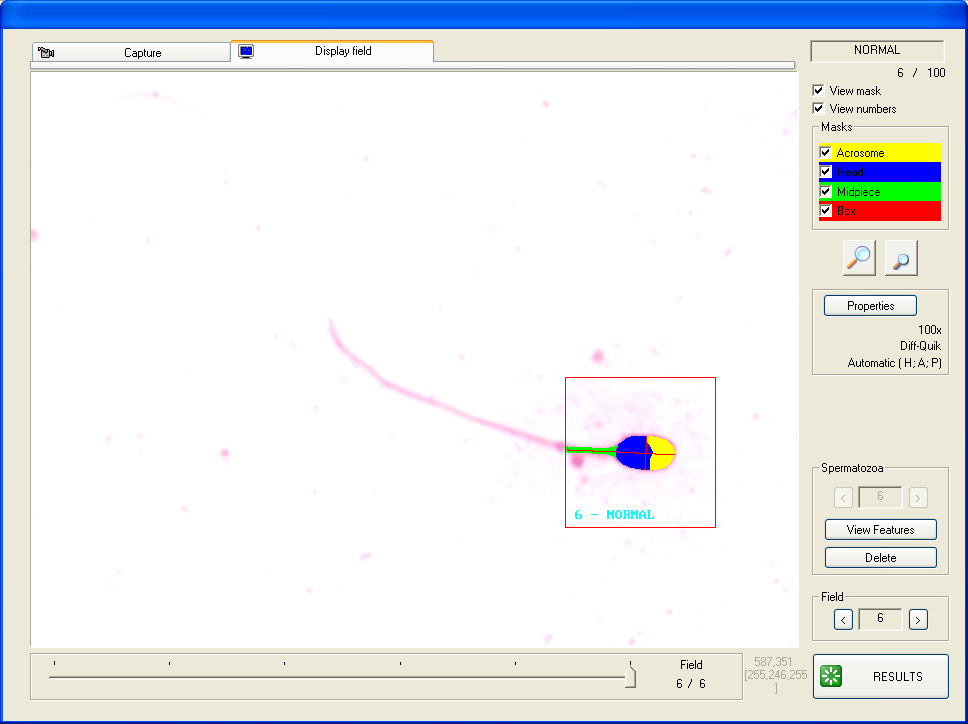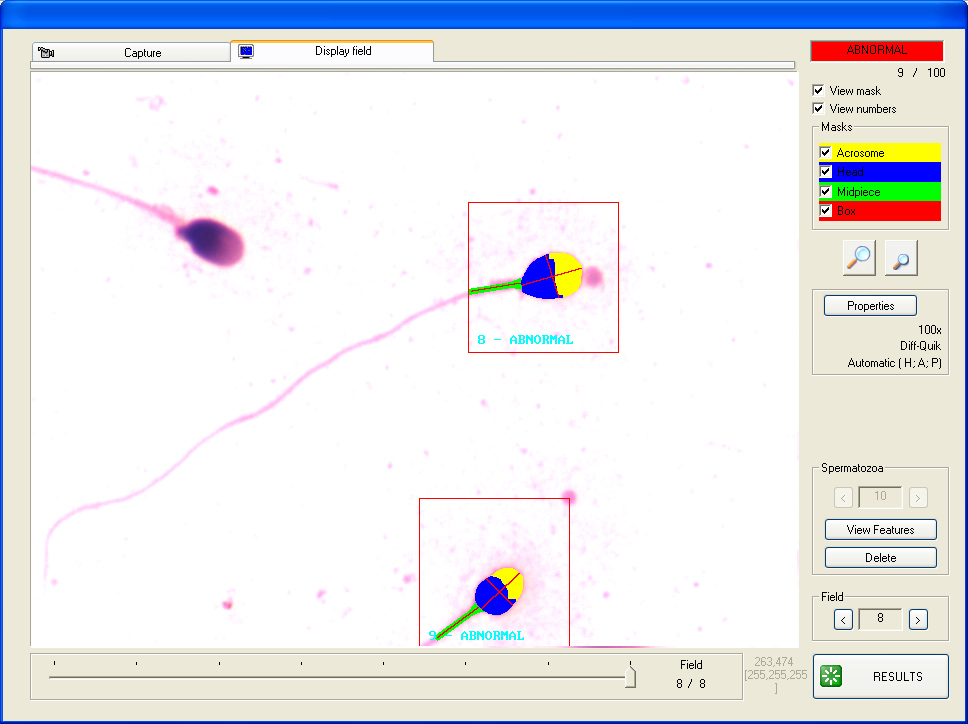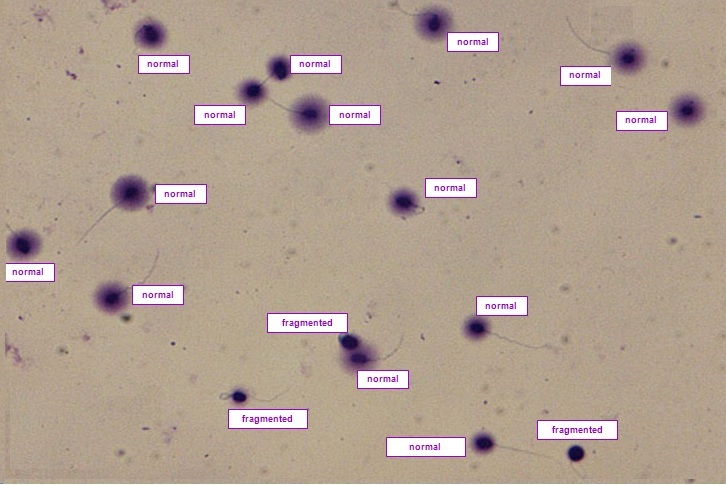We help to fulfill the dream
and offer a professional care to the couples
trying for conception of new life
Contact us
603 936 850
Janiny Omańkowskiej 51,
60-465 Poznań
We help to fulfill the dream
and offer a professional care to the couples
trying for conception of new life
Contact us
Janiny Omańkowskiej 51,
60-465 Poznań
The primary diagnostic test aimed at checking the male fertility is SPERM TEST (SEMINOGRAM). Testing involves seminological assessing of the concentration, motility and morphology of spermatozoa and also seminal fluid evaluation.
Routine examination includes:
Semen analysis identifies causes behind the inability to have offspring by a man, and it is also a starting point for further precise proceedings with a couple.
PREPARATION FOR A TEST
Before testing, a man should keep a sexual abstinence for 3-5 days; should avoid stress, drugs, and excessive physical activity. In the event of an infection with a high fever or food poisoning you should reschedule your appointment for at least a month.
The test material, the seed, is obtained by masturbation. It is very important to make sure that all the semen comes from one and first ejaculation, and that its whole volume is placed in a special container. The container (dry and sterile) should be heated to a temperature of a human body (eg. hand heating); otherwise, the sperm in it may begin to decay and lose its vitality, which in the end may distort the final result of the test. In exceptional cases, and after consultation with a doctor, semen may be collected at a house and then transported to the labolatory by a patient himself.
REQUIRED INFORMATION
During the test evaluation visit, you should inform about the following:
If the test shows no pathological changes in the semen, there is no need to repeat it. If irregularities are found, the test is repeated 2-3 times at intervals of not more than 2-3 months and no shorter than 2-3 weeks.
Infertility is an illness that affects a man and a woman together. If the result of a man’s semen analysis diverge from the norm, that does not necessarily mean that a couple is unable to have children in a natural way. The results need to be combined with woman’s results since her reproductive potential can significantly reduce weaker sperm characteristics. In practice, only 3-5% of men with detected semen abnormalities are really infertile- in other cases we are talking about reduced fertility, which if appropriately treated, is really not a problem to grow a family (insemination, in vitro fertilization).
TYPES OF SEMEN ANALYSIS:
1. Life microscopic analysis
2. Computer testing (CASA)



